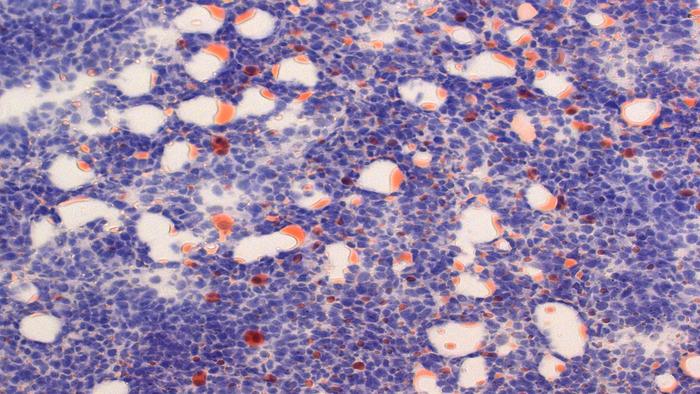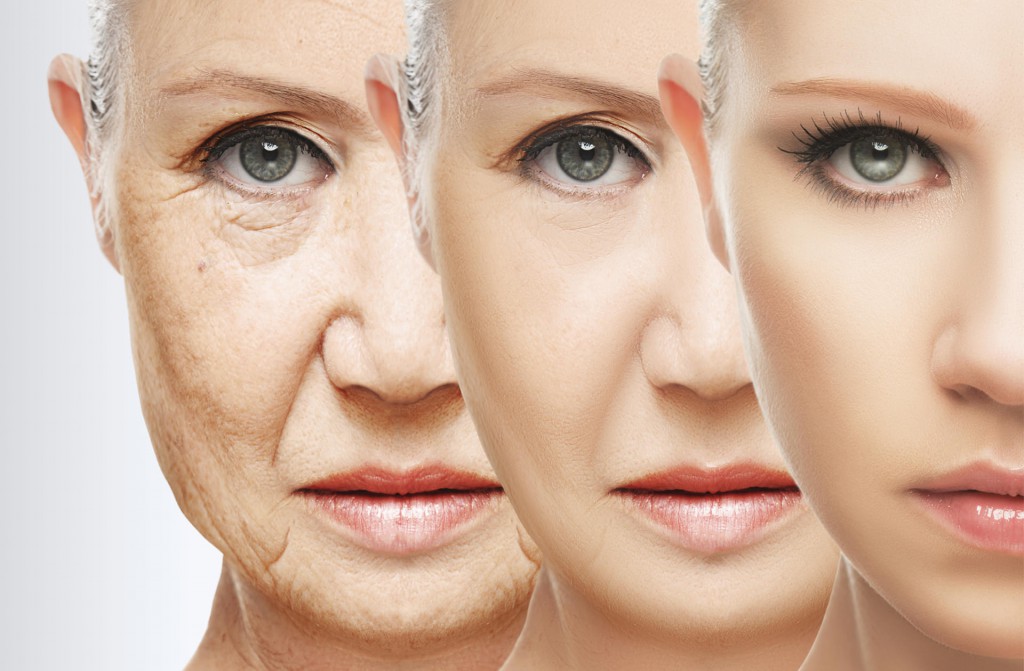The ketogenic diet has gained considerable attention for its potential benefits in weight loss and its ability to starve tumors of glucose, inhibiting their growth. However, recent research has unveiled a significant concern related to cancer patients and the development of a deadly condition known as cachexia. This article explores the detrimental impact of cachexia on cancer patients and highlights the promising findings that suggest a solution to this challenge.
Understanding Cachexia: A Lethal Threat to Cancer Patients; Cachexia is a debilitating condition characterized by the loss of appetite, extreme weight loss, fatigue, and immune suppression. It affects a significant number of patients with progressive cancer and contributes to approximately 2 million deaths annually. Unfortunately, there is currently no effective treatment for cachexia, leaving patients weak and unable to withstand anti-cancer therapies.
Unraveling the Link Between Keto and Cachexia: Researchers at Cold Spring Harbor Laboratory (CSHL), including Assistant Professor Tobias Janowitz and Postdoc Miriam Ferrer, have made significant strides in understanding the relationship between the ketogenic diet, cancer treatment, and cachexia. Their studies in mice with pancreatic and colorectal cancer have shown that a keto diet can accelerate the onset of cachexia, impeding the desired therapeutic outcomes.
The Role of Corticosteroids: A Promising Solution
Janowitz and Ferrer’s research has discovered a potential solution to mitigate cachexia in mice with cancer. By combining the ketogenic diet with corticosteroids, they were able to prevent the development of cachexia, leading to tumor shrinkage and increased survival rates in the mice. Corticosteroids help regulate the effects of the keto diet by compensating for the hormone deficiency that impedes weight loss adaptation in cancer-afflicted mice.
The Science Behind the Solution: Ferroptosis and Cancer Cell Destruction
The ketogenic diet induces the accumulation of toxic lipid byproducts, triggering a process called ferroptosis that selectively kills cancer cells. This mechanism effectively slows tumor growth but also accelerates the onset of cachexia. However, when corticosteroids were introduced, the tumors still regressed, but cachexia was no longer observed, significantly improving the overall well-being and longevity of the mice.

The Way Forward: Advancing Cancer Therapies
Janowitz, Ferrer, and their team are part of an international Cancer Grand Challenges effort focused on combating cachexia. Their recent publication provides an authoritative overview of this condition, and they are currently refining the timing and dosage of corticosteroids to enhance the effectiveness of cancer therapies combined with the ketogenic diet.
While the ketogenic diet shows promise in fighting cancer by depriving tumors of glucose, it presents an unintended and lethal side effect: cachexia. However, the groundbreaking research conducted by Janowitz and Ferrer offers hope for overcoming this challenge. By combining corticosteroids with the keto diet, they have successfully prevented cachexia in mice, leading to tumor regression and improved survival rates. These findings have significant implications for the development of more efficient cancer treatments that prioritize patient well-being and enhance therapeutic outcomes.
Disclaimer: The information in this article is for educational purposes only and should not replace professional medical advice. It is essential to consult with a healthcare provider before making any dietary changes or starting new treatment regimens, especially for individuals with cancer.
- Can cancer cells survive on ketones?
In a keto diet, the body produces ketones as an alternative source of energy when carbohydrates are limited. While normal cells can adapt to using ketones, recent research suggests that cancer cells may struggle to survive on ketones alone. By depriving cancer cells of glucose, which is their preferred fuel source, a keto diet may help inhibit their growth. However, further studies are needed to fully understand the effectiveness of ketones in starving cancer cells.
- Should cancer patients avoid carbohydrates?
The role of carbohydrates in cancer treatment is a topic of ongoing research and debate. While some experts suggest that reducing carbohydrate intake may help starve cancer cells, it is essential for cancer patients to consult with their healthcare team before making any dietary changes. Carbohydrates provide energy and important nutrients, and a well-balanced diet is crucial to support overall health during cancer treatment. Individualized nutrition plans, tailored to the specific needs of each patient, are recommended.
- What is therapeutic keto for cancer?
Therapeutic keto for cancer refers to the implementation of a ketogenic diet as an adjunct therapy for cancer patients. This dietary approach involves significantly reducing carbohydrate intake and increasing healthy fat consumption, which encourages the body to enter a state of ketosis. The goal is to limit the availability of glucose to cancer cells, potentially inhibiting their growth. However, therapeutic keto for cancer should be carried out under the supervision of healthcare professionals who can monitor its impact on the patient’s overall health and treatment outcomes.
- What is the best diet to beat cancer?
There is no one-size-fits-all answer to the best diet for beating cancer, as individual needs and responses to different dietary approaches may vary. However, a balanced and varied diet that includes plenty of fruits, vegetables, whole grains, lean proteins, and healthy fats is generally recommended. Additionally, it is crucial to work closely with healthcare professionals, including registered dietitians, who can provide personalized dietary recommendations based on the patient’s specific condition, treatment plan, and nutritional needs. Collaboration with a healthcare team is essential for optimizing nutrition and supporting overall well-being during cancer treatment.










